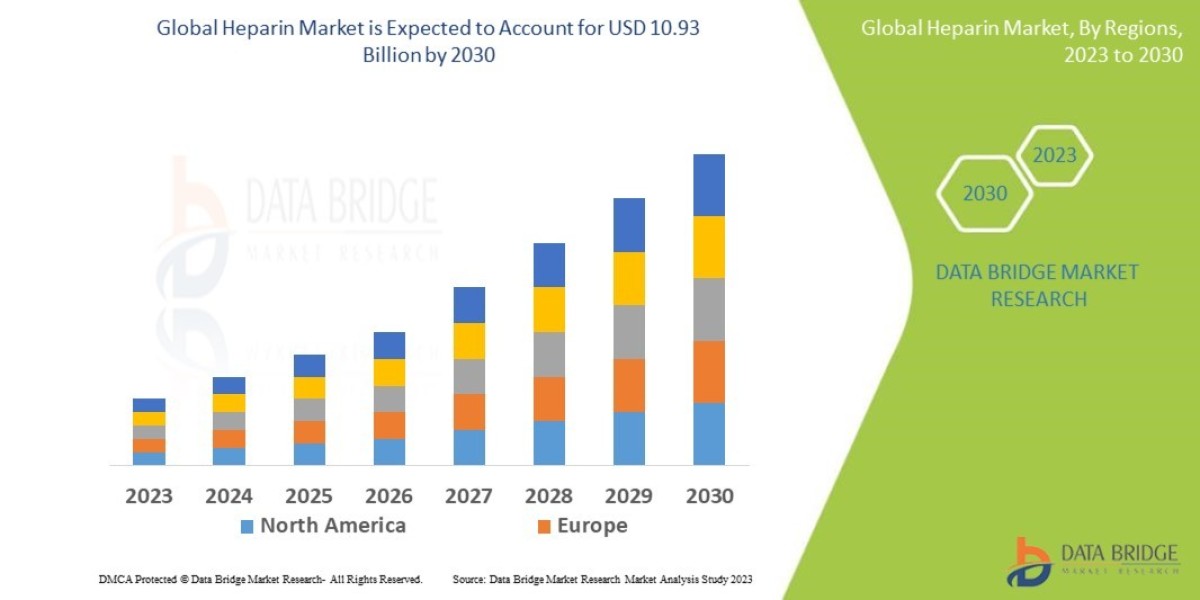In the sterile corridors of Birmingham Women's and Children's NHS Foundation Trust, a young man named James Stokes navigates his daily responsibilities with subtle confidence. His smart shoes barely make a sound as he greets colleagues—some by name, others with the comfortable currency of a "good morning."

James displays his credentials not merely as an employee badge but as a testament of acceptance. It rests against a well-maintained uniform that offers no clue of the difficult path that brought him here.
What distinguishes James from many of his colleagues is not obvious to the casual observer. His bearing discloses nothing of the fact that he was among the first beneficiaries of the NHS Universal Family Programme—an undertaking crafted intentionally for young people who have been through the care system.
"The Programme embraced me when I needed it most," James says, his voice controlled but tinged with emotion. His observation summarizes the essence of a programme that aims to transform how the vast healthcare system views care leavers—those vulnerable young people aged 16-25 who have transitioned from the care system.
The figures paint a stark picture. Care leavers commonly experience poorer mental health outcomes, financial instability, accommodation difficulties, and reduced scholarly attainment compared to their age-mates. Behind these cold statistics are personal narratives of young people who have traversed a system that, despite best intentions, frequently fails in providing the stable base that molds most young lives.
The NHS Universal Family Programme, launched in January 2023 following NHS England's pledge to the Care Leaver Covenant, embodies a profound shift in institutional thinking. Fundamentally, it acknowledges that the complete state and civil society should function as a "communal support system" for those who have missed out on the stability of a typical domestic environment.
Ten pioneering healthcare collectives across England have charted the course, establishing frameworks that reimagine how the NHS—one of Europe's largest employers—can open its doors to care leavers.
The Programme is meticulous in its strategy, beginning with detailed evaluations of existing procedures, establishing management frameworks, and obtaining executive backing. It understands that successful integration requires more than good intentions—it demands concrete steps.
In NHS Birmingham and Solihull ICB, where James began his journey, they've created a regular internal communication network with representatives who can provide help and direction on mental health, HR matters, recruitment, and EDI initiatives.
The traditional NHS recruitment process—rigid and possibly overwhelming—has been thoughtfully adapted. Job advertisements now highlight character attributes rather than long lists of credentials. Applications have been reconsidered to address the unique challenges care leavers might encounter—from missing employment history to having limited internet access.

Maybe most importantly, the Programme recognizes that starting a job can present unique challenges for care leavers who may be handling self-sufficiency without the backup of familial aid. Issues like travel expenses, identification documents, and banking arrangements—considered standard by many—can become significant barriers.
The brilliance of the Programme lies in its attention to detail—from explaining payslip deductions to providing transportation assistance until that crucial first salary payment. Even seemingly minor aspects like rest periods and professional behavior are deliberately addressed.
For James, whose NHS journey has "transformed" his life, the Programme provided more than work. It provided him a feeling of connection—that elusive quality that emerges when someone feels valued not despite their background but because their unique life experiences enriches the organization.
"Working for the NHS isn't just about doctors and nurses," James notes, his gaze showing the modest fulfillment of someone who has found his place. "It's about a collective of different jobs and roles, a family of people who truly matter."
The NHS Universal Family Programme embodies more than an work program. It functions as a strong assertion that institutions can adapt to embrace those who have known different challenges. In doing so, they not only alter individual futures but enrich themselves through the special insights that care leavers bring to the table.
As James moves through the hospital, his participation quietly demonstrates that with the right support, care leavers can succeed in environments once deemed unattainable. The arm that the NHS has provided through this Programme represents not charity but appreciation of overlooked talent and the profound truth that each individual warrants a family that supports their growth.






